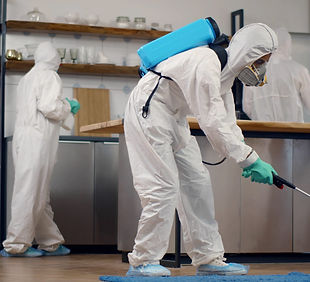Pest Control
Pest control in Facilities Management (FM) is a crucial service that goes beyond simple extermination. It's about implementing strategies to prevent, monitor, and manage pest populations to ensure the health, safety, and operational integrity of a facility. Pests can cause significant damage to property, contaminate food, transmit diseases, and create an uncomfortable or unsafe environment for occupants.
Why Pest Control is Essential:-
-
Health and Safety: This is the primary concern. Pests like rodents, cockroaches, and mosquitoes are vectors for numerous diseases (e.g., leptospirosis, salmonella, dengue, malaria, chikungunya). Their presence can also trigger allergies and asthma attacks from droppings, urine, and shed skin.
-
Property Protection: Pests can cause extensive damage to building structures (e.g., termites, carpenter ants), electrical wiring (rodents chewing on cables leading to fire risks), inventory, furniture, and critical infrastructure.
-
Reputation and Brand Image: A pest infestation can severely tarnish a facility's reputation, leading to loss of business, customer complaints, and negative public perception, especially critical in hospitality, healthcare, food service, and retail.
-
Regulatory Compliance: Many industries have stringent regulations regarding pest control, especially those dealing with food, pharmaceuticals, or healthcare. Non-compliance can lead to fines, shutdowns, and legal issues.
-
Cost Savings: Proactive pest management prevents costly structural repairs, inventory losses, and potential legal fees associated with pest-related health incidents.
-
Occupant Comfort and Morale: A pest-free environment contributes to the comfort and well-being of employees, visitors, and residents, leading to higher morale and productivity.

